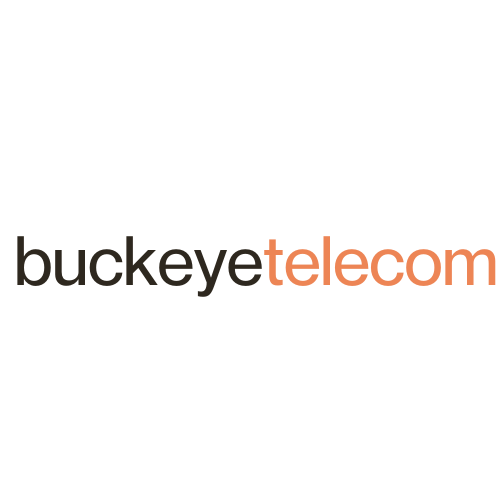The Top 10 Reasons to Move to a Cloud-Based Phone System
The ability to scale up — or down — soon becomes a necessity as small firms develop and expand. Adding extra employees, for example, necessitates modifying the company's phone infrastructure to handle the additional lines.
Traditional on-premise phone systems make this more difficult due to greater setup and maintenance costs, the necessity for on-site gear, and dependency on IT support. On the other hand, a cloud-based phone system would allow small firms to manage communication services in a more cost-effective, simplified, and adaptable manner.
The benefits of migrating from traditional PBX systems to cloud-based VoIP technology are outlined in the following points, which were extracted from an email exchange between Small Business Trends and Aaron Charlesworth, VP of product marketing at Vonage.
The advantages of a cloud-based phone system are as follows:
1. A fully integrated communications system
Cloud-based business solutions are simple to set up and use, allowing employees to stay connected whether they are at work or on the move. With seamless access to CRM tools, email, instant messaging, audio, and videoconferencing, the cloud delivers a consistent company presence and helps to enhance productivity.
2. Command of Communication Modes
A cloud-based solution puts organizations in control, allowing them to pick and choose the functions they require and easily turn them on and off.
Additionally, cloud solutions provide employees with access to all of their calling functions via a smartphone, desk phone, or softphone at any time and from any location. Even better, they'll be able to access their important business software in real time.
3. Key Business Characteristics
A cloud-based phone system would provide small businesses with access to the same network applications that big enterprises have. Features like a Virtual Assistant, Auto Attendant, Never Miss a Call, and Call Center solutions are among them.
4. Usability and mobility
Small firms, in particular, must be able to operate from many places in today's workplace, which is becoming increasingly mobile.
Small business employees have access to features that allow them to log in from anywhere and be reached while on the go using a cloud-based system, allowing customer-facing and revenue-generating staff more control over their productivity.
5. Efficiency and Time Management
IT workers can administer their systems more efficiently via web-based customer interfaces. This full access to a customer's system and account provides insight into the installation, service setup, issue tickets, training, billing, and call statistics, allowing them to spend fewer resources on project management and more on work that adds to the bottom line.
Furthermore, cloud solutions may easily interact with other cloud-based applications, giving mobile employees access to all of the features and functionality they need to work as efficiently as they would if they were in the office.
6. Scalability Flexibility (and Down)
As a company expands, it necessitates the hiring of new staff, the opening of new offices, and the onboarding of new clients. This need a communications infrastructure that can scale up — or down — in response to changing circumstances.
Businesses can add as many extensions as they need to accommodate increased call volume using a cloud-based phone system, or simply call in to cancel these extra extensions if necessary. Businesses, unlike previous systems, only pay for the extensions they require for as long as they require them.
7. Maintaining Business Continuity
Working using a cloud-based phone system allows businesses to stay in touch with their consumers no matter where they are. Outside circumstances such as extreme weather or other challenges that prevent employees from getting to work are unlikely to disrupt a cloud-based communications system.
Businesses can maintain a consistent presence — and access the resources needed to keep things running smoothly — with a cloud-based solution.
Customer service has improved.
Businesses may easily guide calls to various departments and even design greetings specific to each department using the Virtual Receptionist (VR) or Auto Attendant functionality.
A company may, for example, put up a holiday greeting in advance (through the administrative site) and have it revert to the non-holiday greeting on a specific date. It could also include a message on wait regarding special offers or frequently asked questions.
9. Easily add new service features
Some firms will introduce premium calling services during busy seasons to improve call-taking efficiency and staffing. Incoming calls, for example, can ring on many extensions using Call Groups.
Call Queues provide a "dynamic waiting room" for callers, allowing businesses to tailor the on-hold experience and manage call volume more effectively. Both aid in the reduction of voicemails, missed calls, and busy signals, allowing service to the greatest number of callers possible.
10. Cost-cutting
Another advantage of a cloud-based phone system is the cost savings. Moving telecommunications from PBX platforms to the cloud can be less expensive in terms of monthly service rates compared to a traditional system, lowering costs and increasing profitability.
Interested in learning more? Contact us and let’s set up a call.

